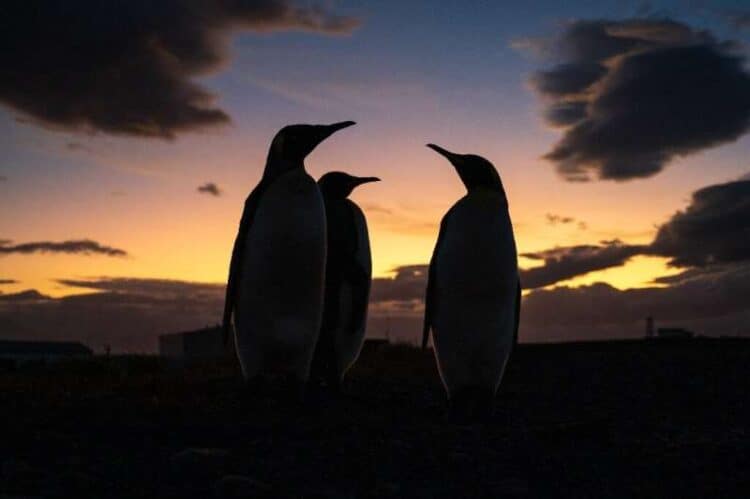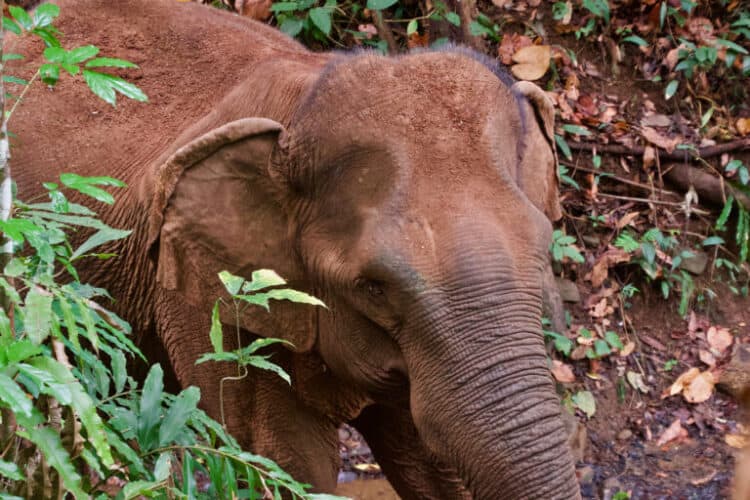Iran’s Department of Environment has officially banned the export, import, production and veterinary use of the drug diclofenac in the country.
Diclofenac is a non-steroid anti-inflammatory drug whose veterinary use as a painkiller for livestock has been the main cause of the decline of several species of vultures around the world. Vultures are scavengers, often referred to as nature’s “garbage collectors”, meaning that they feast on rotting carcasses keeping the environment free from disease. Unfortunately, vultures that feed on animal carcasses recently treated with diclofenac die from renal failure within few days.
“Iran’s decision to ban diclofenac is a major step to protect vultures in the African-Eurasian region. It is a clear demonstration of the country’s concern for and leadership on the conservation of migratory birds of prey. Other countries should follow Iran’s lead and that of the other countries such as India, Pakistan and Nepal that have also banned diclofenac,” said Lyle Glowka, Executive Coordinator from the Convention of Migratory Species Office in Abu Dhabi.

This significant decision was announced during the second Meeting of Signatories to theConvention on Migratory Species Raptors MoU, which Iran signed in March 2015.
The Islamic Republic of Iran is one of the last remaining major strongholds in the Middle East for the rapidly declining and endangered Egyptian Vulture. It hosts around 60% of the migratory birds of prey species covered by the Raptors MoU.
The complete ban of diclofenac by the Iranian government will reinforce the ongoing international battle to prevent the extinction of vultures and other birds of prey in the region. This achievement was made possible by close cooperation between the Department of Environment, the Iran Veterinary Organization, and the Tarlan Ornithology Group.
Ibrahim Khader, regional director of the BirdLife Middle East Partnership secretariat expressed his satisfaction, “This very important achievement by the Islamic Republic of Iran is an example to follow for governments in other vulture range states. This we hope will reduce the mortality rate of vultures and other large raptors in the region and will give a better chance for these key species to survive extinction and slowly thrive again.”
Diclofenac has been a major cause of concern in many parts of the world. In South Asia, the populations of three species of vultures (White-rumped Vulture, Long-billed Vulture, and Slender-billed Vulture) have declined by more than 99% since the 1990s due to the wide veterinary use of diclofenac. However, following a public campaign from the BirdLife Partnership, veterinary diclofenac was completely banned in India, Nepal and Pakistan in 2006.As a result, vulture populations have begun to stabilise, although their levels remain low and vulnerable.
In 2013, despite the bleak vulture situation in Asia, veterinary diclofenac was made legal in several European countries (such as Spain) that notably is home to 95% of the European vulture populations. The Convention on Migratory Species Secretariat and BirdLife International have called for the European Union to ban diclofenac.
The CMS Memorandum of Understanding on the Conservation of Migratory Birds of Prey in Africa and Eurasia (Raptors MOU) aims to promote internationally coordinated actions to achieve and maintain the favourable conservation status of migratory birds of prey throughout their range in the African-Eurasian region, and to reverse their decline when and where appropriate.
This article was first published by BirdLife International on 19 Oct 2015.






Leave a Reply